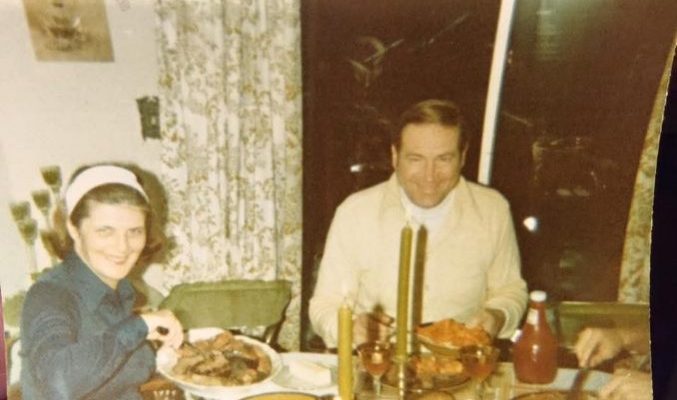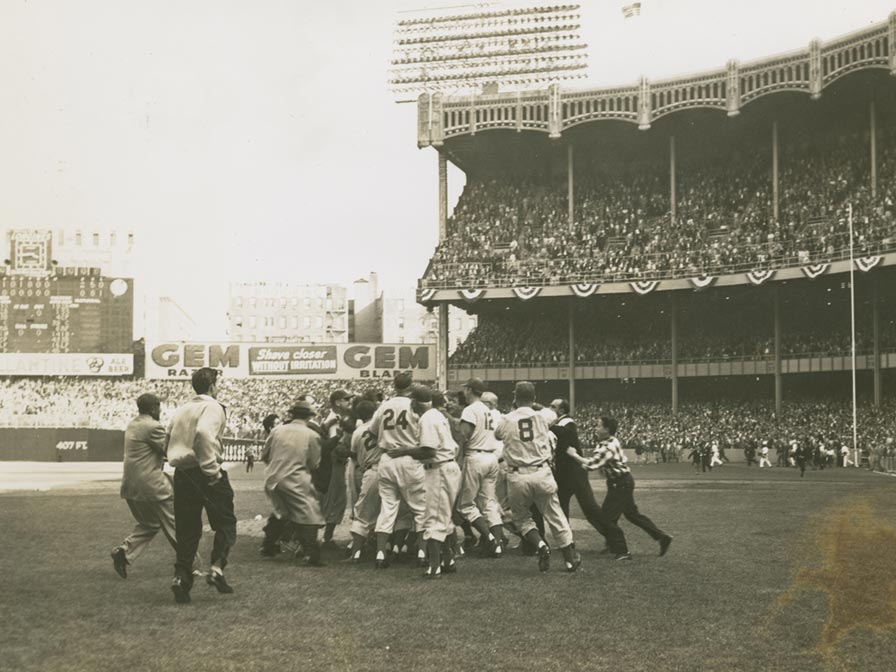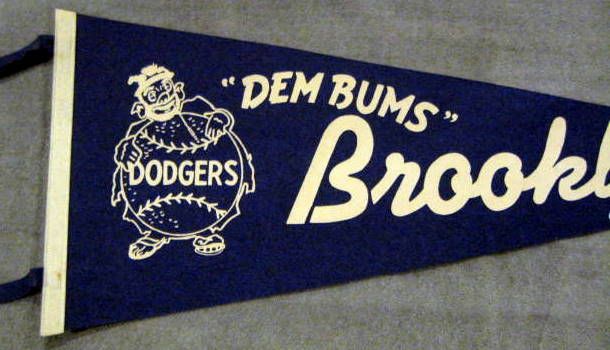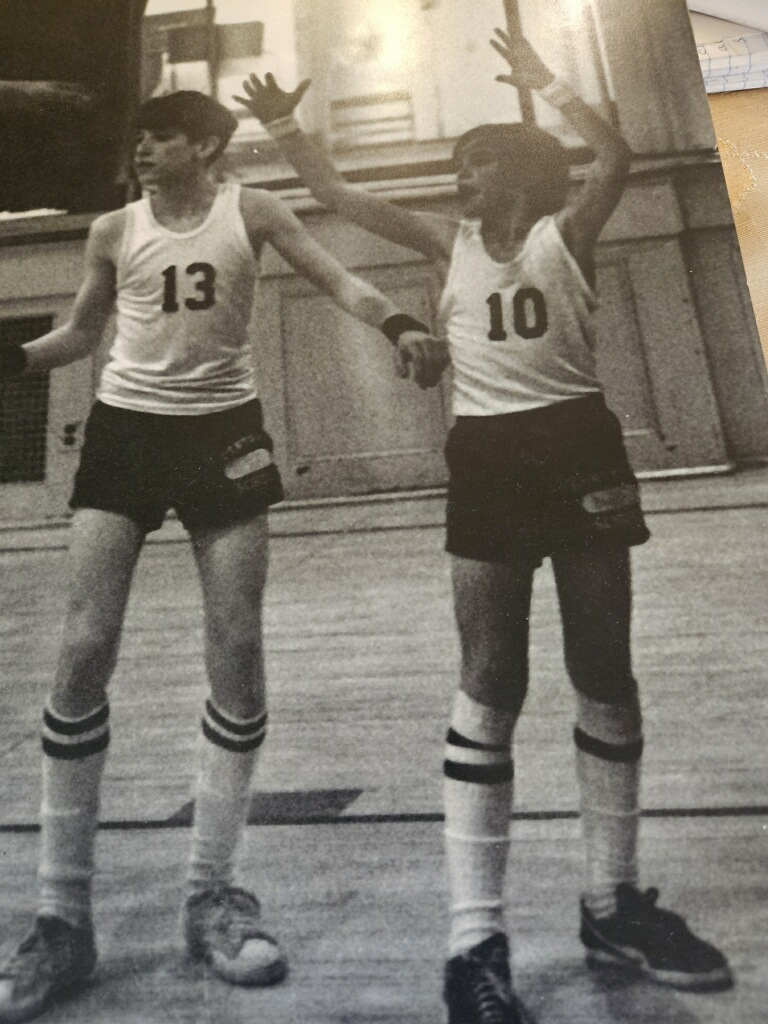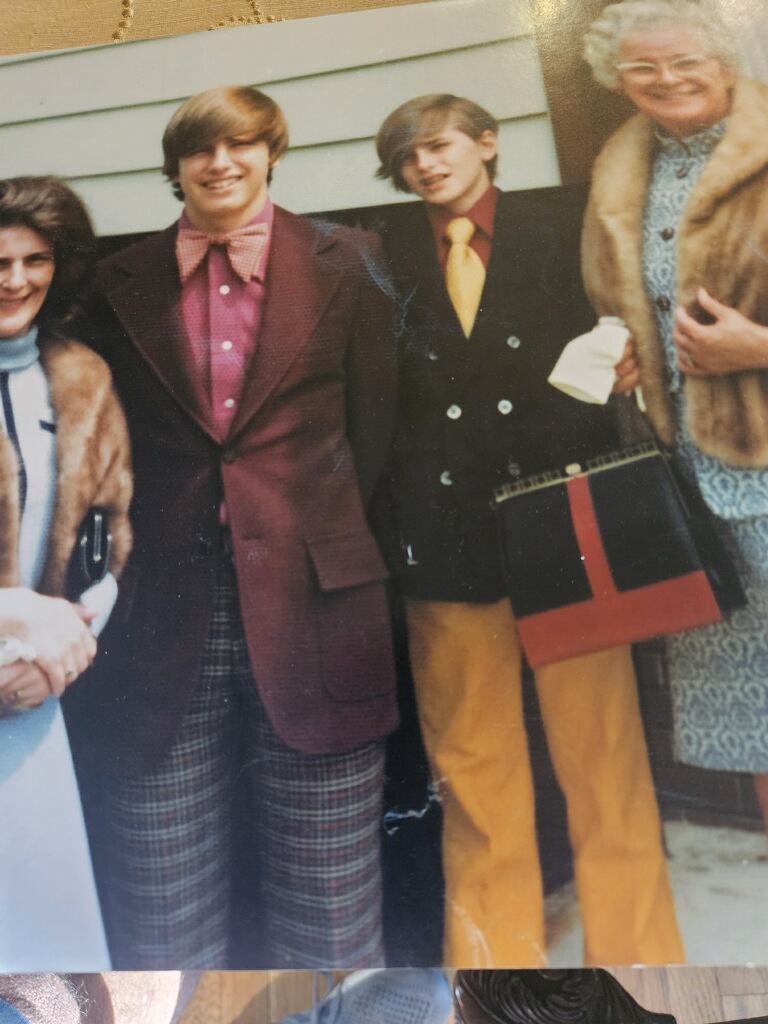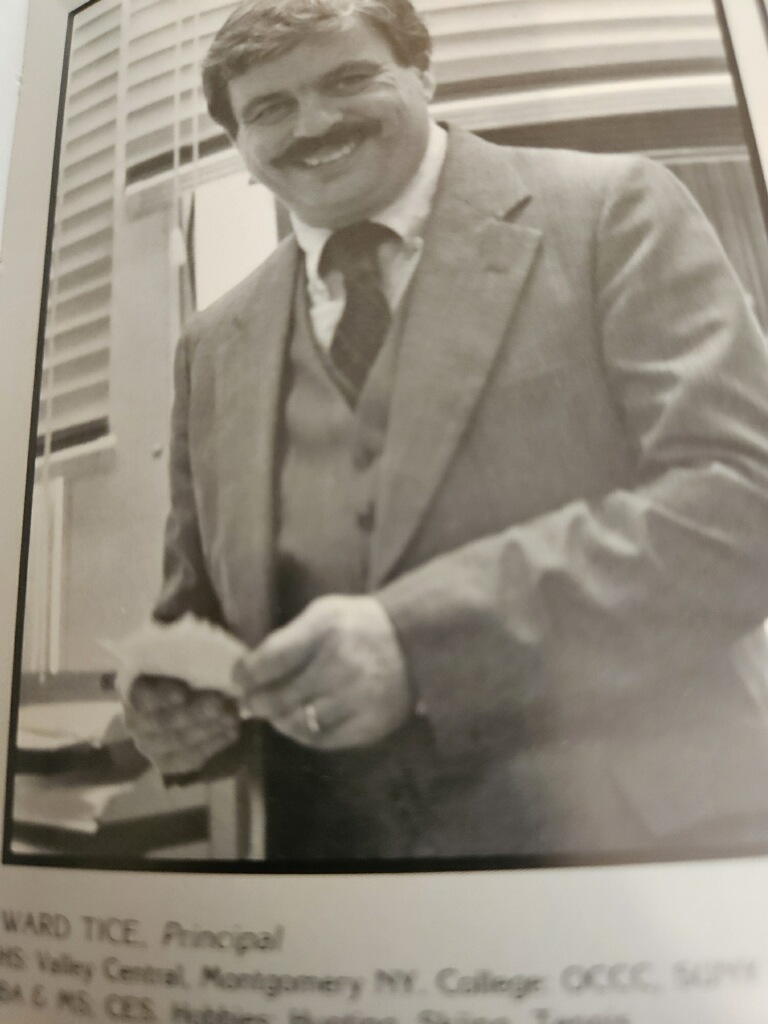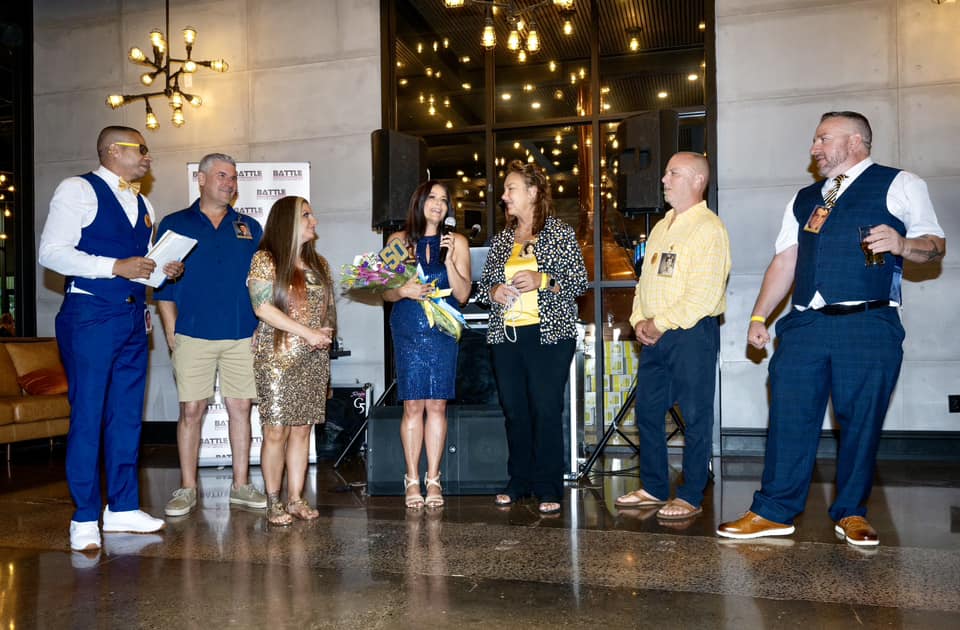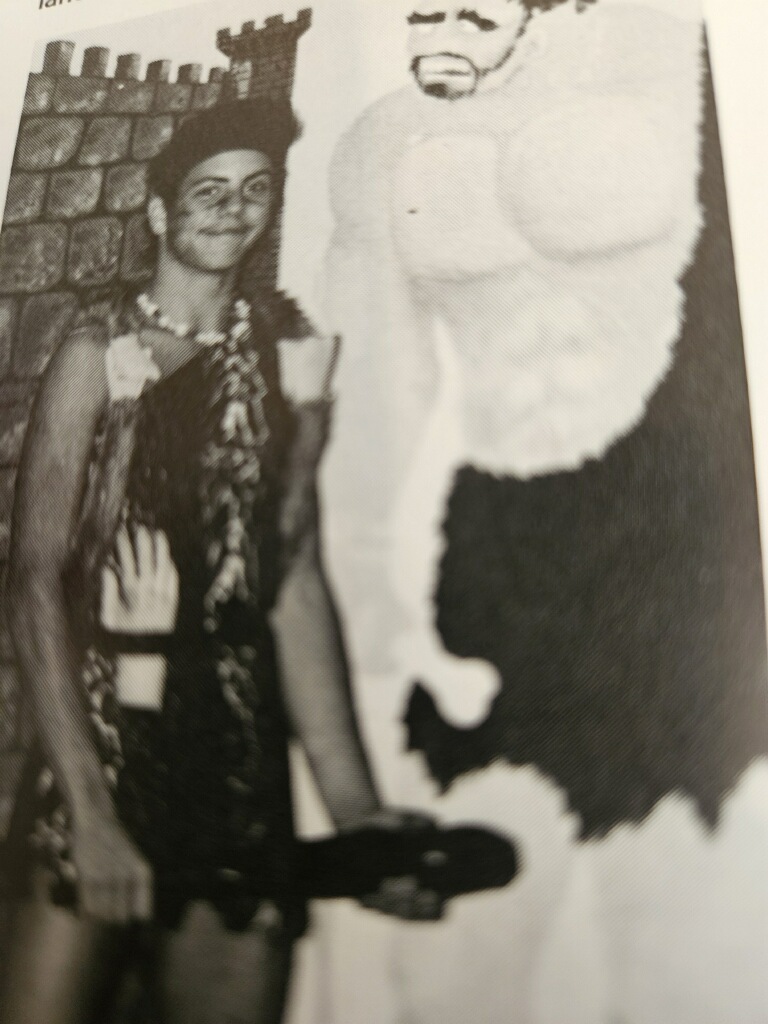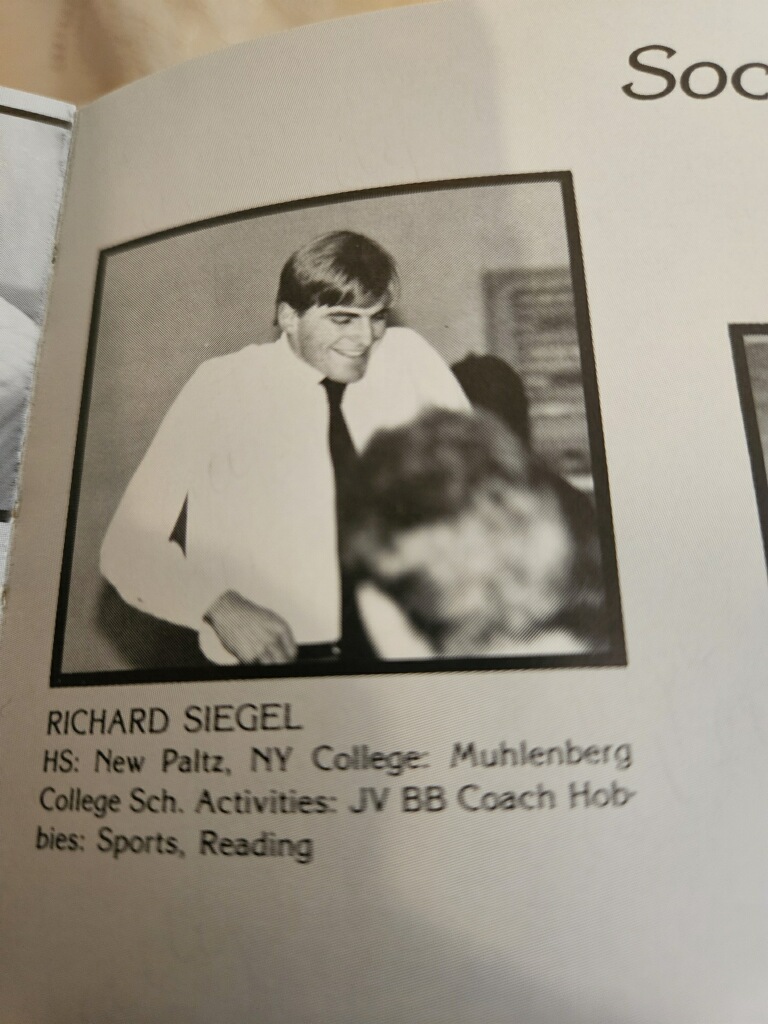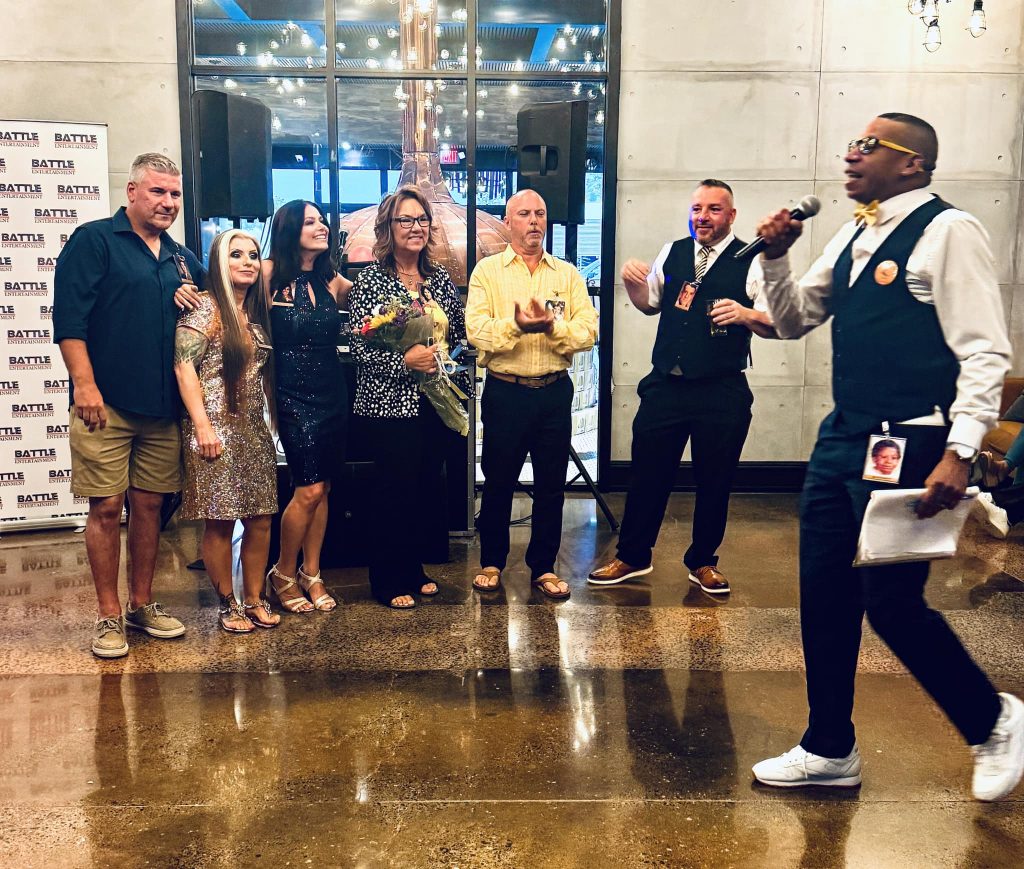2024…….Thanksgiving was only a few days away. The driver was wearing down the car radio band trying to escape the far too early “chestnuts roasting on an open fire,”. Old Saint Nick has for years tried to jump ahead in the holiday order. I have been balancing a mission to think of others while at the same time recounting all I have had to appreciate in my 64 years on this earth. Yes, I need to be concerned for others less fortunate across the globe. Yes, I should be worried about the missiles currently flying through the sky in the Middle East and Europe. For sure my heart should bleed for children dying of starvation in Gaza, and the little ones being sex trafficked at our southern border. It’s important for us all to recognize the reality of the world we live in and to empathize with the plight of the unfortunate amongst us who didn’t receive all of the blessings bestowed upon ourselves. Thanksgiving presents us with the opportunity to reflect on all we do have to be thankful for in our individual lives. The search continued: ‘It Came Upon A Midnight Clear, ‘Hark the Herald Angels Sing,’ ‘Deck the Halls’, it was November 25th, yet the Christmas songs were ruling the day on FM radio. Finally, I gave into my resistance to all the new technological advancements and found my way to “Spotify”. Neil Young, who once refused to allow his music to air on these open airwaves, was howling about a Harvest Moon. That turned out to be the motivation I needed to get to where I wanted to go. I was heading deep into the past and all the memorable past Thanksgivings, especially the people that I have grown to be so thankful for.
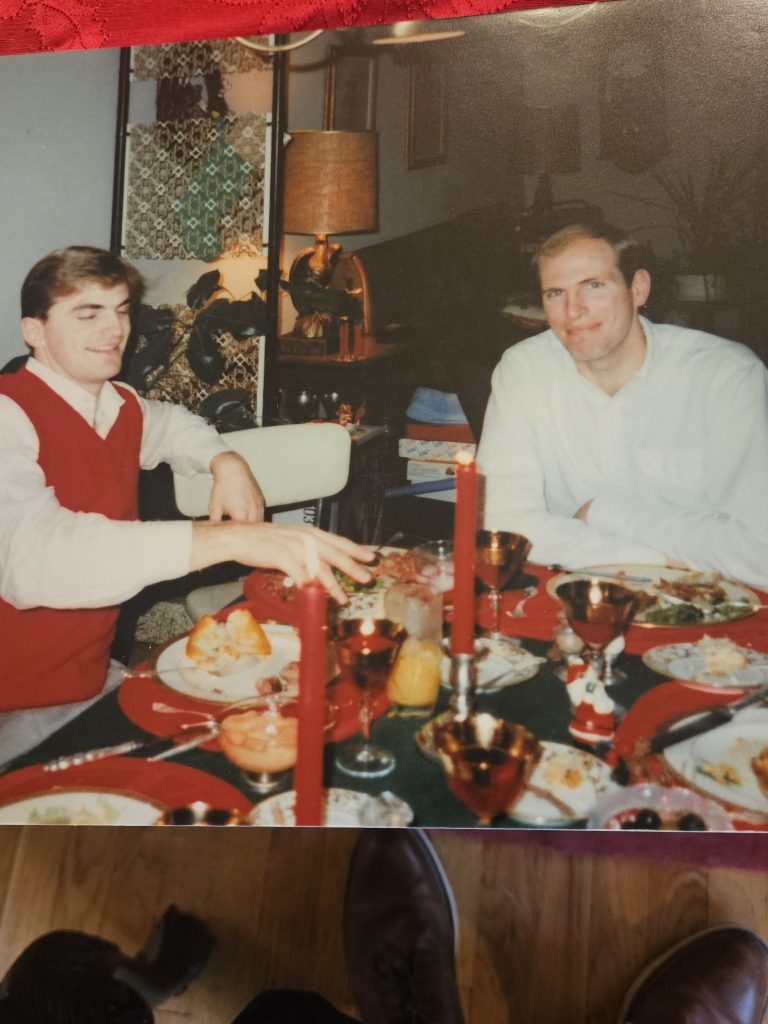
1978- My Brother…….I was literally the last student remaining on campus the Wednesday night before Thanksgiving 1978. I was in Allentown Pennsylvania in the basement of a college recreation hall pounding the flippers waiting for my ride. Out of the light in the student union building stepped a guy with his hands in his pocket wearing a big grin. “What’s up little bro.? You ready to roll or does the machine owe you some freebies.” Still locked in on the silver ball, the young freshman didn’t blink. ‘I got one more after this, I’m breaking records tonight bro.’ About 30 minutes later the two of us hopped into the families 1970 Ford Pinto and started the four-hour trek back to our childhood home in New York. Three years separated the two of us but the distance in both demeanor and personality were visible. Despite this distance we were each other’s only sibling and I was confident he had my back. I was never sure he felt the same towards me. In fairness, it was my responsibility that there was the room for doubt. That night the car ride was a learning lesson for a lost and depressed soul away from the comforts of home fighting to make his mark in a new town. “So, how’s it going kid?” asked the 21-year-old Ivy League Senior. There was no way I was going to let on to him the eternal pain I was feeling at that moment in my life. There was so much I wanted to say but all I could muster was ‘I’m surviving.’ “Don’t worry my man, you just made it through the hardest stretch. Mark my words, it’s all downhill from here.” We didn’t have many long conversations, but I knew there was one person in my life, beyond my parents, that was there to remind me to stay the course, that the cream would rise. Thankful to my brother of 64 years.

1981-My future Bride……..”But now it’s getting late, and the moon is climbing high, come a little bit closer, hear what I have to say,” It was 1981, the Wednesday before the big holiday, I was a senior in college still doing my best to be invisible in the town that had raised me. I was sitting in a college bar that the locals avoided. Appropriately named “Thesis” it was my regular hang out when I snuck back into town. From my perch at the corner windows, I could view all the comings and goings of my haunted past. There was my best friend, attending a prestigious college a couple hours north, who would sit with me at the corner booth and indulge me as I commented on all that passed me out in the open sanctuary. ‘Who is that?’ I asked my lone remaining pal in a village that had worn me down by the time I reached 18. “I have no idea”, replied my stoic comrade who, by this time, had less interest in the community that built him then I did. The young lady I was referring to was entering a popular high school hangout joint across the street. She was wearing a high school jock jacket that announced your accomplishments of small-town victory. Her hair was long and blond. She was tall and lean. ‘There she is the girl I’m going to marry.’ The young man sitting besides me couldn’t help but let out a hardy sarcastic chuckle. “You haven’t been laid yet, and now you’re talking of marriage.” Eight years in the future, the premonition I had in the “Thesis”, came to fruition. The unknown girl would eventually save my life. So thankful for my partner of 35 years.
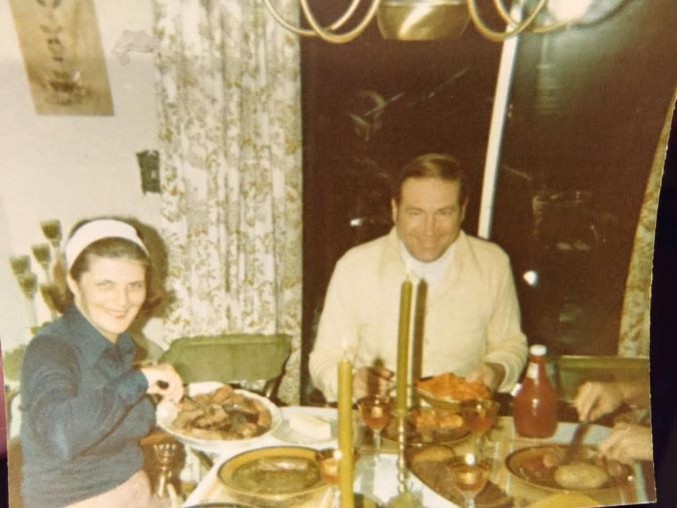
1982- My Parents……. For what seemed like decades, the Wednesday before Thanksgiving was filled with the kind of bawdy behavior that could get the weaker part of me in trouble, In 1982, I was a senior in college still chasing my basketball dreams. I was in the mist of finishing a four-year career on the hoop courts. There was a new ambitious coach in Allentown, (Steve Moore) who would go on to win 867 games (17th all-time). Our young, focused coach demanded each of his charges to sign a contract of decorum, including no drinking. Our team had won its first game of the season the night before and was scheduled to play Lafayette in Easton on Saturday. By now I had my own vehicle and was home for only one night. I walked through the old homestead around eight pm Wednesday night. ‘Hey mom, hey dad, I’m going to take a shower before I head out into the night.’ In those days the parties the night before Thanksgiving, especially in New Paltz, were legendary. I was anxious to get out and “make some front-page drive-in news,” as Bob Seeger so famously said. By the time it got to be fashionably late I was ready to hunt. ‘My keys aren’t where I left them,’ I shouted to no one in particular. My parents were in the family room with the television on louder than usual. The two people who were my rocks, my most trusted advisors, the ones who had given me the room to grow into a continually evolving conundrum were prepared to make a stand. “Didn’t you make a commitment to something bigger than yourself?” my fathered questioned in a rare humble tone. “I’ll tell you where the keys are if you promise me not to drink tonight.” I stood frozen. ‘You’re kidding right?’ I stayed home that night, I got a chance to enjoy my turkey, and the rest of the basketball season, sober. So thankful to my parents for helping me to understand commitment and accountability.

2013- My Daughters…… A blizzard was on its way. The east coast was about to get 24 inches of snow dumped in what turned out to be the biggest pre-Thanksgiving storm of this century. As the snow was beginning to fall, my two daughters and I were lifting off from JFK headed to Palm Springs, California. My younger child was a junior in high school, and the other was a senior. We were going to the opposite coast for a women’s field hockey exhibition that was a scouting ground for collegiate coaches to make their purchases. It would be the first holiday my girls were without their mom and grandparents. “We should definitely move here,” suggested my elder daughter, who the following year would be making her way to the heart of the sunshine state never to return north. ‘I’m not sure I could take 75 degrees and nothing but clear blue skies every day.’ I said with a sly smile. My younger daughter, whose performance on the green fields of Palm Springs got her attention from the coach of New York’s Ithaca College where she ended up getting her degree had a different take: “Nothing but a bunch of old people and boring weather,” said the tough-skinned kid with her huge smile. As the sun was setting on the desert mountain range I took a deep breath. ‘How many Novembers had passed? How lucky was I to survive it all and make it to this amazing Thanksgiving in the sun.’ After the games were over we went back to our hotel. We had our turkey feast on the veranda overlooking the golf course and pool complex as the sun went down on the Thanksgiving night. ‘I miss being home guys, but I got to rank this as my most thankful Thanksgiving yet.’ So thankful for my two amazing daughters.
2024-Thanksgiving day- …….. The snow was coming down hard in the Berkshire Mountain range. I was clutching the steering wheel with both hands as my car made its’ way to the zenith. We were on our way to Boston to be hosted by my brother-in-law and his beautiful family. The good news was the snow was piling up fast enough that the cars were driving at extreme slow speeds. There were many cars sliding off the highway, but no one appeared to be getting injured. It was Thanksgiving day 2024. Even though the world was on fire, and the day was storming, there was a brightness that was creeping its way through it all. By the time we reached Springfield, Massachusetts the turbulence had subsided. For the first time in the past several hours I felt secure. Within a few hours we were ready to carve some turkey and do a YMCA dance led by my brother in law’s mother-in-law. We swapped a bunch of fabled stories of past glories of family members present and of those who couldn’t be with us. It has taken me too many years to express my gratitude. To be grateful for what I am, and for what I have. Henry David Thoreau summed it up better than I ever could. “My Thanksgiving is perpetual.”
